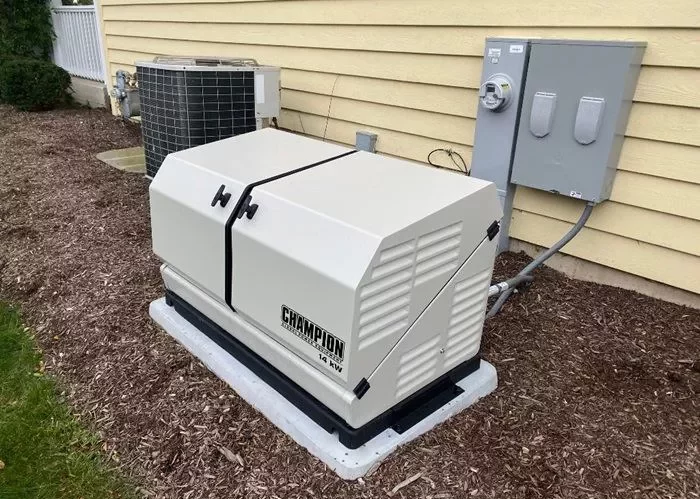Home generators are essential for providing backup power during outages. Whether you live in an area prone to storms or simply want to ensure uninterrupted electricity, buying the right generator is crucial. This guide will help you understand where to buy home generators, the types available, and key factors to consider before purchasing.
Types of Home Generators
Portable Generators
Portable generators are the most common and affordable option. They run on gasoline, propane, or diesel and can power essential appliances like refrigerators, lights, and fans. However, they require manual operation and proper ventilation to prevent carbon monoxide poisoning.
Inverter Generators
Inverter generators are quieter and more fuel-efficient than traditional portable models. They produce clean electricity, making them safe for sensitive electronics like laptops and smartphones. These are ideal for camping and small households.
Standby Generators
Standby generators are permanently installed and automatically turn on during a power outage. They run on natural gas or propane and can power an entire home. While expensive, they offer the best convenience and reliability.
Solar Generators
Solar generators use renewable energy and are eco-friendly. They are silent and require no fuel, but their power output depends on sunlight availability. These are best for low-power needs or as a supplementary power source.
Key Factors to Consider Before Buying
Power Capacity
Determine how much power you need by calculating the wattage of essential appliances. A small generator (1,000–3,000 watts) can run basic devices, while larger homes may need 10,000 watts or more.
Fuel Type
Gasoline: Easily available but has a short shelf life.
Propane: Stores longer and burns cleaner.
Diesel: More efficient but noisy.
Natural Gas: Requires a direct line but is convenient for standby generators.
Runtime
Check how long the generator can run on a full tank. Portable models may last 8–12 hours, while standby generators can run for days if connected to a continuous fuel supply.
Noise Level
Generators range from 50 dB (quiet) to 90 dB (very loud). Inverter and solar generators are the quietest options.
Transfer Switch Requirement
Standby generators need a transfer switch to safely connect to your home’s electrical system. Portable generators can use extension cords, but a transfer switch is recommended for safety.
Where to Buy Home Generators
Home Improvement Stores
Stores like Home Depot, Lowe’s, and Menards offer a wide selection of generators. You can see models in person and get advice from staff.
Online Retailers
Websites like Amazon, Walmart, and eBay provide customer reviews and competitive prices. Look for trusted sellers and check return policies.
Specialty Generator Retailers
Companies like Generac, Kohler, and Champion sell directly or through authorized dealers. Buying from them ensures warranty coverage and professional support.
Local Hardware Stores
Smaller stores may carry generators and offer personalized service. They can also help with maintenance and repairs.
Secondhand Markets
Used generators can be found on Craigslist, Facebook Marketplace, or local classifieds. Inspect them thoroughly before buying to avoid faulty units.
Installation and Maintenance Tips
Professional Installation: Standby generators should be installed by licensed electricians.
Regular Maintenance: Change oil, check fuel levels, and test the generator monthly.
Proper Storage: Keep portable generators in a dry place and use fuel stabilizers if storing for long periods.
Conclusion
Choosing the right home generator depends on your power needs, budget, and fuel preferences. Whether you buy from a local store or online, ensure the model meets safety standards. With proper maintenance, a generator can provide reliable backup power for years. By understanding these factors, you can make an informed decision and keep your home running during emergencies.

